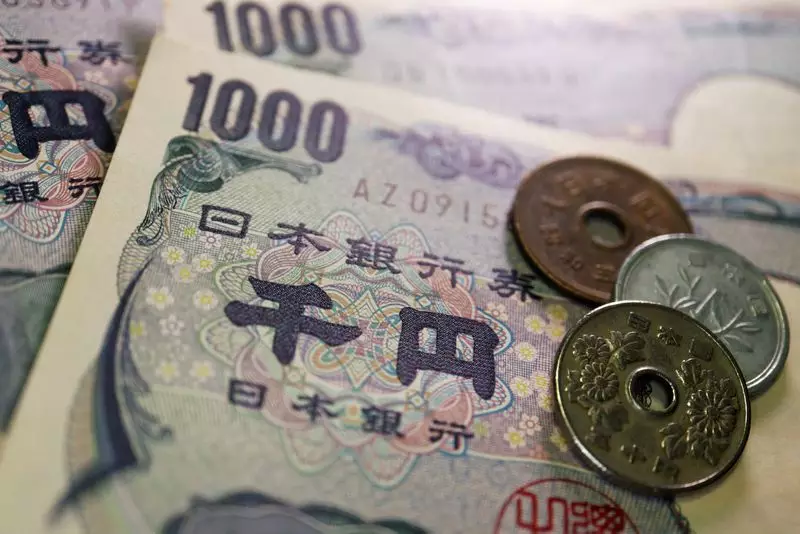Japan is currently navigating a complex financial landscape characterized by fluctuations in the yen’s value, driven largely by yen carry trades. These transactions, which involve borrowing yen at low interest rates to invest in higher-yielding assets, have attracted attention from both policymakers and market analysts alike. Recent statements by Japan’s top currency diplomat, Atsushi Mimura, emphasize the government’s vigilance regarding these trades, especially as they can lead to increased market volatility.
Mimura’s comments underscored the necessity for continuous observation of currency trends. As he pointed out in an NHK interview, the potential resurgence of yen carry trades could disrupt the delicate balance in financial markets. With many trades likely unwound following recent market shifts, there remains a palpable tension regarding the re-emergence of speculative trading. This situation raises a crucial question: how can Japan’s financial authorities mitigate the risks associated with these trades while ensuring economic stability?
At the heart of the yen carry trade strategy lies the Bank of Japan’s (BOJ) commitment to maintaining ultra-low interest rates. This approach has fostered an environment conducive to borrowing, leading many investors to take advantage of the lower costs of borrowing yen to pursue potentially lucrative investments abroad. However, the BOJ’s recent decision to increase short-term interest rates represents a significant turning point. This shift has had a dual impact: first, it prompted the unwinding of existing carry trades, and second, it has catalyzed a rebound in the yen’s value, which had previously plummeted to near three-decade lows.
As Mimura noted, the repercussions of extreme currency volatility can extend beyond financial markets to affect ordinary households and enterprises. Sudden shifts in yen value can lead to unpredictable costs of imports and exports, which ultimately influence inflation rates and consumer spending. Thus, the Japanese government must tread carefully, balancing the need for a stable currency with the necessity of fostering economic growth through accessible borrowing.
In his role as vice finance minister for international affairs, Mimura’s responsibility goes beyond mere surveillance; it includes preparedness to intervene in the currency market if volatility escalates to a damaging level. While the BOJ’s adjustments to interest rates represent a proactive approach, the efficacy of such measures will depend on their timing and context. Thus, it remains imperative for Japanese authorities to develop and implement strategic interventions that can effectively address market excesses.
The evolving dynamics of yen carry trades present both challenges and opportunities for Japan’s economy. As authorities remain vigilant, the potential for renewed market fluctuations looms large. It is critical to recognize that the intricate relationship between interest rates, market speculation, and the yen’s valuation necessitates a well-calibrated approach by policymakers. Moving forward, Japan will need to strike a balance between fostering investment and protecting the economic interests of its citizens in an increasingly volatile global financial environment.

